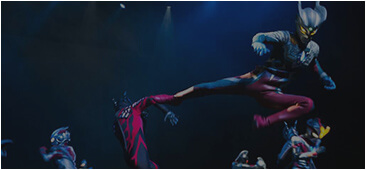
COMPANY PROFILE
THE FOUNDER
Father of Tokusatsu
Eiji Tsuburaya
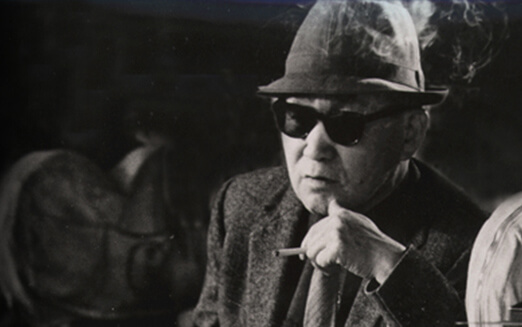
Early Life
Eiji Tsuburaya was born on July 7, 1901 in Sukagawa, Fukushima*. He graduated from Jinjo Elementary School in 1916. In pursuit of a boyhood dream he enrolled at Nippon Flying School, but the school closed due to a fatal accident involving the founder. One dream shattered, he searched for a new path and found his way into the night school at Kanda Denki School (currently Tokyo Denki University). To help pay for school, he worked simultaneously in the research and development department of a toy company, taking part not only in the research but the invention of products as well. At around that time, a chance meeting with a figure in the film industry led him to start his film career as an assistant cameraman. Eiji Tsuburaya was 18 years old.
*Eiji Tsuburaya’s birthday has been cited as July 7, July 5, and July 10 over the years, but the Tsuburaya family understands his date of birth to be July 7th. Our company is following suit.
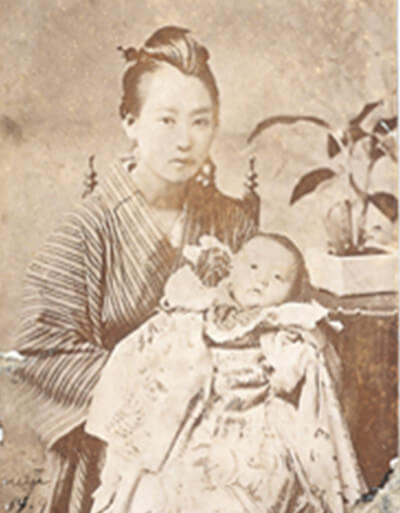
Early Career
When Eiji joined the industry, the Japanese film world was experiencing a sharp rise in popularity, keeping filmmakers busy in day-to-day work. In his spare time, Eiji researched film equipment and developed new filming techniques, in continual pursuit of improvement. Many of the techniques and methods that have become the norm today were devised, developed and established by Eiji Tsuburaya.
Eiji also studied international films closely, incorporating some of the techniques to enhance his own creative style. He focused early on making films using miniatures, as well as synthesis technology that involved the layering of individual strips of film. Highly ambitious, he continuously came up with new special effects techniques that he tested day in and day out. Eiji Tsuburaya was the inventor and leader of Japanese special effects (Tokusatsu) techniques, earning recognition as the "Father of Tokusatsu".
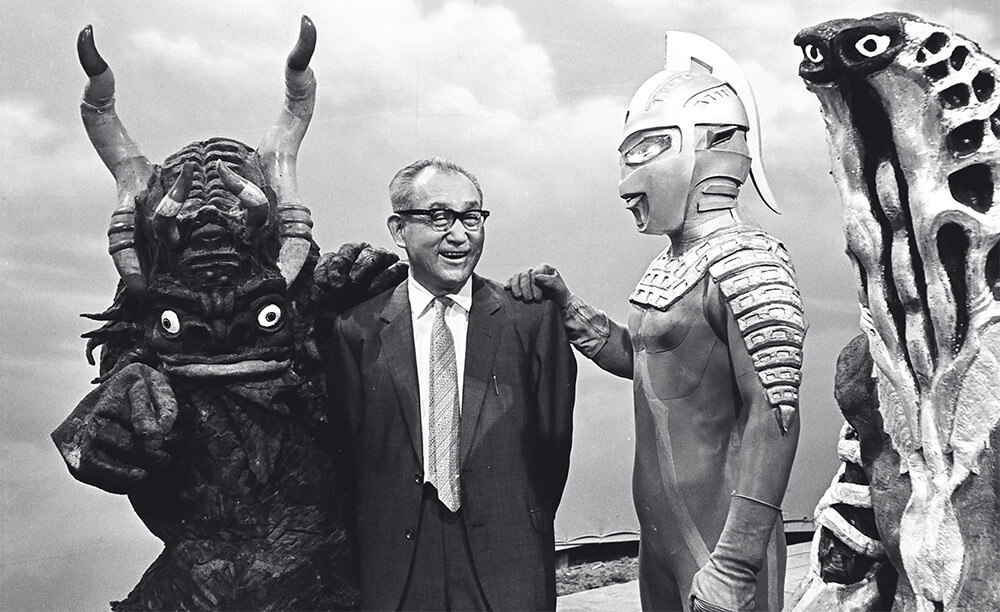
Father of Tokusatsu
While working at Toho Tokyo Studios, the culmination of Eiji's efforts was seen in “Hawaii Mare Oki Kaisen” (The War at Sea from Hawaii to Malaya) before World War II, and the incredible post-war hit monster film “Godzilla”. The films made him famous not only in Japan but on a global scale. At one time, international production companies lined up to buy the rights to a Tsuburaya film based solely on the rumor he was starting a new project, without any knowledge of the story or characters.
When discussing Eiji Tsuburaya, the phrase "Father of Tokusatsu" also comes up often. What does the phrase allude to exactly?
Eiji Tsuburaya's Tokusatsu effects were made possible with the help of talented craftsmen who learned to manipulate the miniatures expertly, building and executing intricate sets. The carefully plotted special effect sequences created a level of entertainment like no other, as events in a make-believe world came alive and captivated audiences of all ages. The goal of the films was always to entertain and surprise the audience, and Tokusatsu was maximized to achieve that goal. Shaping the miniature world of Tokusatsu down to its finest details and creating joy for the audience was Eiji Tsuburaya's duty. His astounding balancing act of technique and entertainment was how he came to be known as the "Father of Tokusatsu".
Television Industry & TSUBURAYA PRODUCTIONS
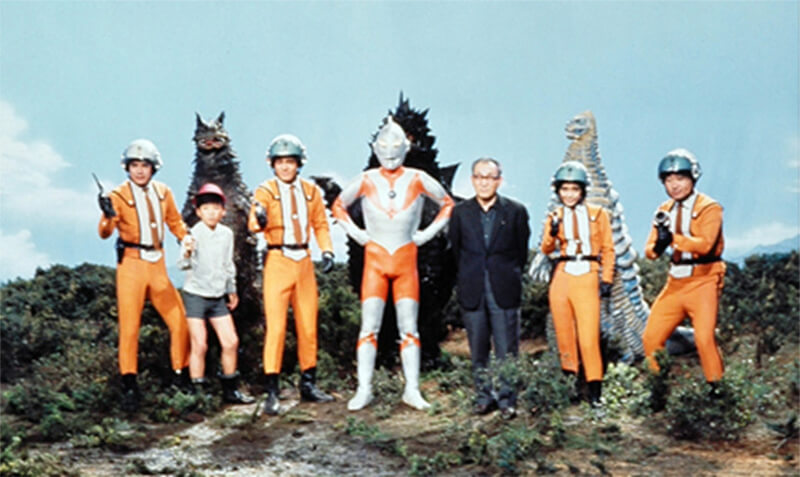
Further, Eiji Tsuburaya turned his attention to a new media that was becoming the main source of entertainment for audiences – the television. He created a film production company hoping to captivate TV audiences with the techniques he had developed in film. The company was called "Tsuburaya Visual Effects Productions", the current TSUBURAYA PRODUCTIONS.
Eiji knew there was no comparison with the movies when it came to screen size, and that television came with the danger of having the channel changed if the viewer grew bored. Thus, he did not compromise with his made-for-TV Tokusatsu works. If he felt at any time the quality of a program was not up to par, he demanded re-edits and re-shoots as he did with his films.
As a result, his first work of television, Ultra Q, became a hit and created a "monster phenomenon" around Japan. This was followed by the innovative concept of monsters fighting giant heroes in ULTRAMAN and ULTRA SEVEN, two shows designed to be serialized.
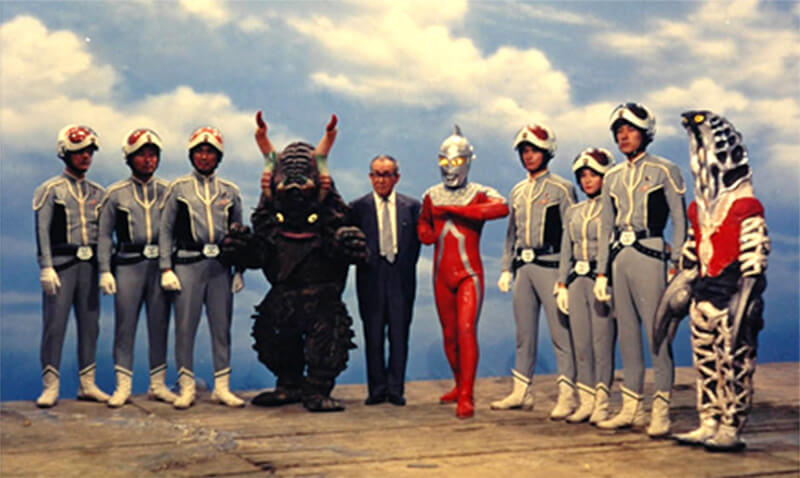
Additionally, there were comedy plots involving monsters in the daily lives of children in “Booska, the Friendly Beast”, the blending of Tokusatsu techniques with human drama in “Operation: Mystery!” and an ambitious Tokusatsu work using mechanical miniatures in “Mighty Jack”. Experienced engineers and craftsmen who had studied under Eiji Tsuburaya brought these mesmerizing stories to life.
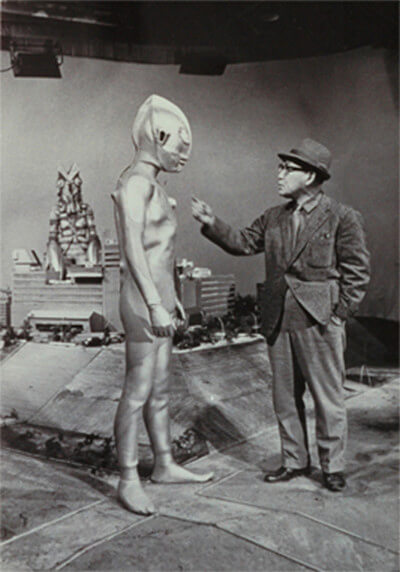
During treatment, he continued to write scripts for “Nippon Hikoki Yaro” and “Kaguya Hime”. He loved Tokusatsu until his final days and never stopped believing in it.
Eiji's wish was to create works that were not only joyful, but could spark viewers' imaginations, provide hope for the future, and cultivate kindness in young viewers' hearts. His wish and passion are kept alive today, fifty years since TSUBURAYA PRODUCTIONS was founded. The company continues to create works and characters that capture the hearts of viewers around the world.
This is TSUBURAYA PRODUCTIONS' Official Global Website.
Official information of Ultraman, Kaiju, Movie, Anime, Comic books, Tokusatsu etc.
Discover the latest official news on the Ultraman series and other works by TSUBURAYA PRODUCTIONS


